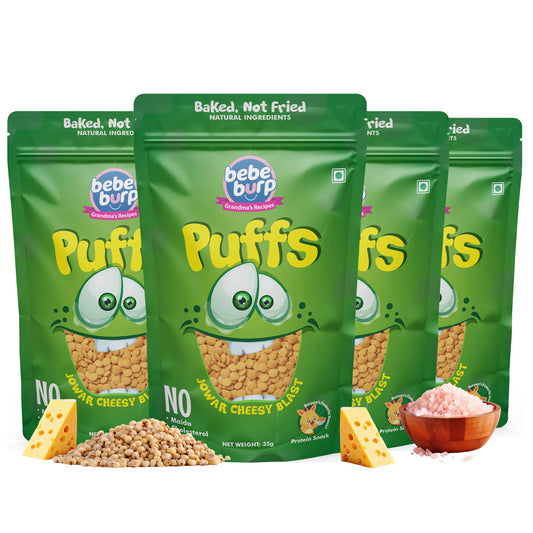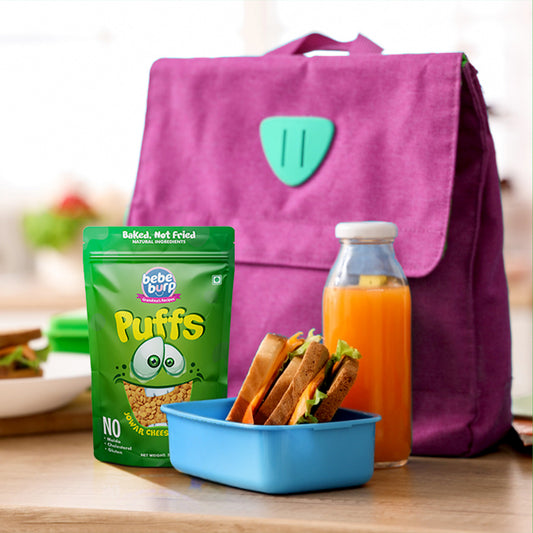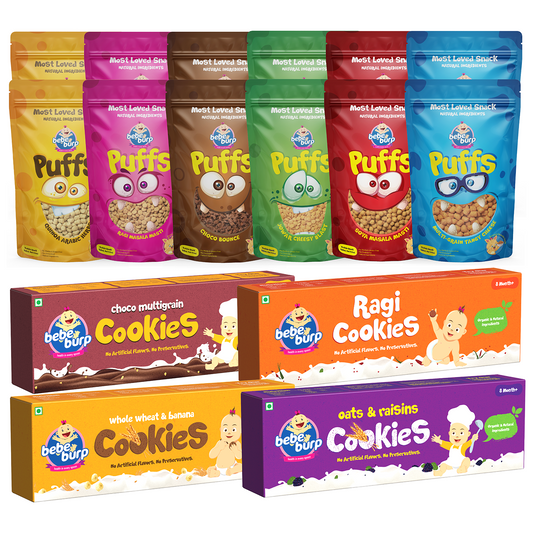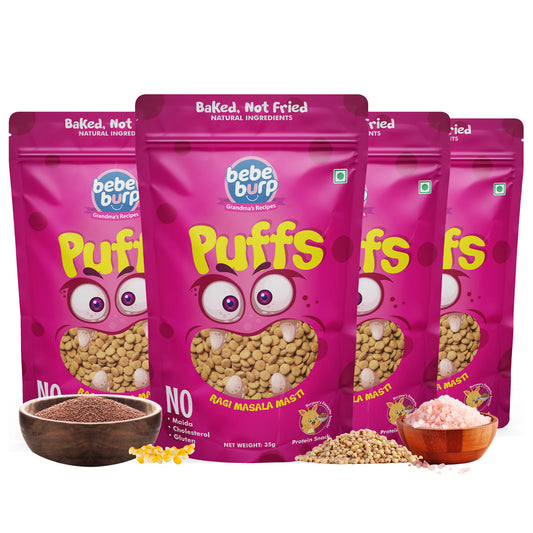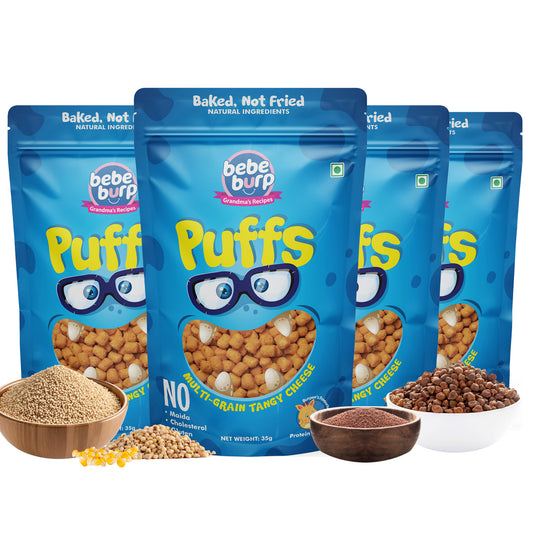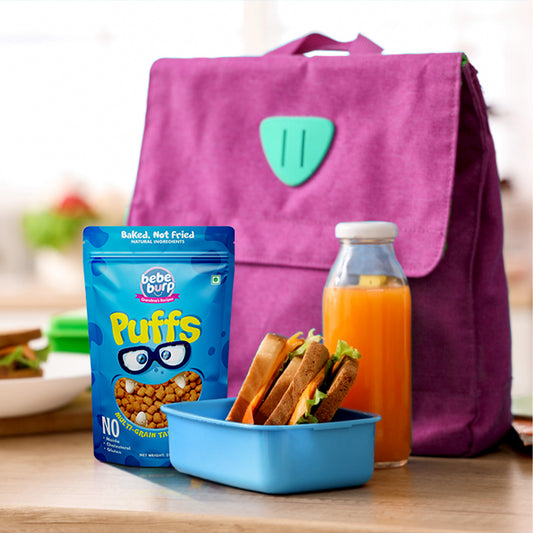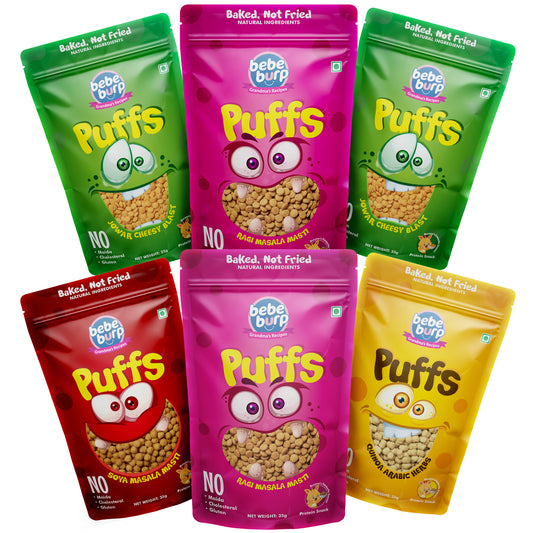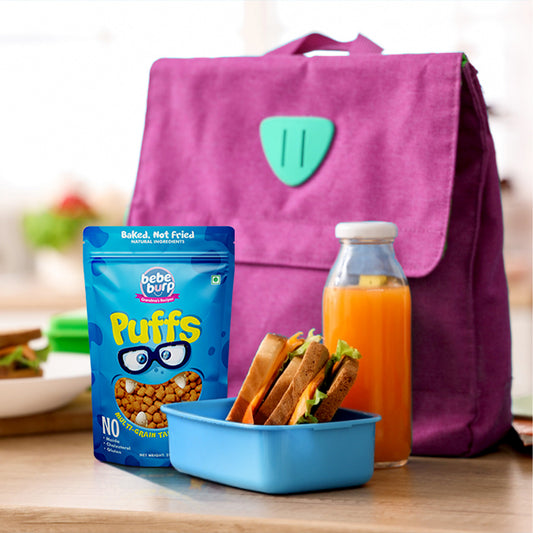It is a rising trend to make babies non-vegan, but is it responsible? The response is yes — with good planning. A vegan diet would sustain the growth and development of your baby, taken care of under the control of medical professionals.
This guide will take you through all the small details you should know as a parent trying to raise a healthy Veganism for Babies, including all the fundamental nutrients and smart meal composition.
Veganism for Babies
Baby veganism is about refraining from feeding the baby animal products, such as dairy products, eggs, and even honey. The diet of the infant who would be classified as vegan would be fed on breast milk or soy-based milk formula, and then followed by a variety of plant-based food supplements that are nutritionally enriched.
The veganism of infants can be both nutritionally balanced and safe in a case when the diet is properly planned and advised by the pediatricians or the nutritionists.
Is Veganism Safe for Babies?
Yes, vegan diet can be safe with babies when well supervised and enhanced with the required nutrients. Make sure to feed your child with sufficient amounts of vitamin B12, iron, calcium, vitamin D, DHA and zinc.
Within the 6 months, the breast milk/formula offers a large portion of the nutrients. Once solids are introduced, it is necessary to provide a wide mix of plant-based foods and enhanced food items.
Nutritional Needs: Vegan Child Nutrition Essentials
Babies are the ones whose nutrition is the particular one and vegan children need the even more attentive attitude to the certain nutrients:
- Vitamin B12: Can only be found in fortified food or supplements. Essential in brain and nerves development.
- Vitamin D: Required to maintain bone health, the most important sources are sunlight and fortified products.
- Iron: Iron found in plants, such as lentils and tofu needs to be combined with vitamin C to enhance absorption.
- Calcium: Bones and teeth. Able to be found on fortified plant milk, tofu, and greens.
- Zinc: Required in the immune system and development; found in seeds and legumes as well as whole grains.
- Omega-3s (DHA): Vital to the development of the brain. DHA supplements made of algae are advisable.
- Protein: Lentils, beans, tofu, tempeh and quinoa are some of the easy sources of protein.
Potential Risks of Raising a Vegan Baby
Without the proper planning, a vegan diet can lead to insufficiency of some of the essential substances. The major problems are as follows:
Nutrient Deficiencies
- Vitamin B12: It can cause permanent neurological damage in case of a deficiency.
- Vitamin D: Deficiency can lead to weak bones or disease called rickets.
- Iron: Leads to developmental delay and anemia.
- Calcium: Risky bone density without supplement.
- Zinc: Influences the immune system and growth.
Such risks are preventable through the provision of a balanced diet and the need to seek professional advice from a pediatrician where some supplements are needed.
How to Raise a Healthy Vegan Baby
To have a healthy vegan baby, attend to:
- Food proportions: balanced diets including legumes, grain, fruit and vegetables.
- Good fats such as avocado, nut butters and flax seed oil.
- Foods that are fortified with B12, calcium and vitamin D.
- Take algae-based supplements of DHA as necessary.
Routine pediatric visits should be kept to monitor the growth of the child, and dietary plans should also be altered according to the personal nutritional requirements.
Practical Tips for Parents Raising a Vegan Baby
This is how you can make it so that vegan parenting would not feel stressful:
1. Plan Smart
- Seek advice with a pediatric dietitian.
- Find out about the nutrients including B12, iron and calcium, DHA.
- Use reliable services such as The Vegan Society or Healthline.
2. Breast and formula feeding
- Nothing is better than breast milk-- supplement whatever you are eating.
- Consume fortified vegan formulas made of soy or DHA and iron.
3. Introductions of Solids (Approximately 6 months)
- Start with iron rich cereals, fruits and vegetables pureed.
- Add food with a lot of protein such as tofu, beans and lentils.
- Consume good fats and use foods rich in vitamin C to help in iron absorption.
4. Fill the Nutrition Gaps
- B12: Supplement or have fortified foods all the time.
- Iron and Zinc: Eat together with citrus fruits to enhance absorption.
- Calcium & Vitamin D: Have fortified foods or supplements.
- DHA: Supplement with algae-based DHA when not in formula.
5. Make Meals Enjoyable
- To make things interesting, use food shapes and colored foods.
- Engage your baby in eating as they grow.
- Mimic other foods- eat the same stuff to allow bonding.
6. Manage Social Events
- Educate caregivers on the diet of your baby.
- Bring Party vegan.
- Emphasis on the better messages on your way of living.
Benefits of a Well-Planned Vegan Diet for Children
With a well-designed vegan diet, several health advantages could be provided to babies and children:
- Decreased risks of being unable and obese, as well as chronic diseases.
- Reduction of saturated fat that results in the attainment of healthier cholesterol level status.
- Beta-carotene, fiber and antioxidants found to be more helpful in digestion and immunity.
- In some instances, better body composition.
But only in case of sensible preparation of meals, supplementation, and monitoring growth.
Conclusion
Vegan babies are not only safe but also healthy when rightly prepared. The major tool is planning, learning about important nutrients, eating fortified foods, and talking to medical experts.
With the correct attitude, the problem could easily grow up with a healthy and protected child to develop with good morale and an all-around healthy, nutritious background.
Read more: Best Brain-boosting Foods for Babies


